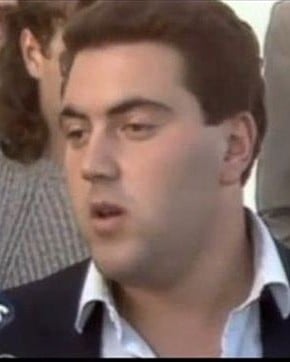
Growing up, my wise mother gave me some sound advice that has stayed with me. ‘Give people the benefit of the doubt’, she said. We all want people to think well of us, and not ascribe ulterior motives to our behaviour.
In my twenties, my wise friend Hazel gave me some solid advice that has also remained.
‘Give people the grace to change’, she said.
We can all learn and grow, and it’s not fair to keep people boxed into expectations based on our experience of them years previously. Be wary if necessary, but try and be open to them having changed and evolved.
In my thirties, my wise husband gave me some equally useful advice.
‘Give people the opportunity to speak for themselves, if they want to’, he said.
‘And whatever the case, don’t assume what’s in their head.’
We can easily make the mistake of not providing an opportunity for dialogue, which often reveals the real reasons that underlie particular behaviours. Reasons and motivations may be significantly different to what we assume.
I recalled these various pieces of wisdom a few times in the last few years. There was the brouhaha over Julia Gillard’s ex-boyfriend’s misuse of a fund she had created as a lawyer in the 1990s. There was the issue of then opposition leader Tony Abbott’s reported behaviour in the 1970s. There was a policy back flip by Labor Immigration Minister Chris Bowen. More recently, scrutiny of Joe Hockey’s former advocacy of free university education has loomed large.
Although these issues will continue to be analysed, I don’t think I am alone in questioning the relevance of these events to contemporary Australian policy. Sometimes we like to believe we can infer all sorts of things about Gillard’s, Abbott’s or Hockey’s approach to political life, likely policy leadership or activity. Yet when viewed dispassionately, whatever happened occurred decades ago.




























































































